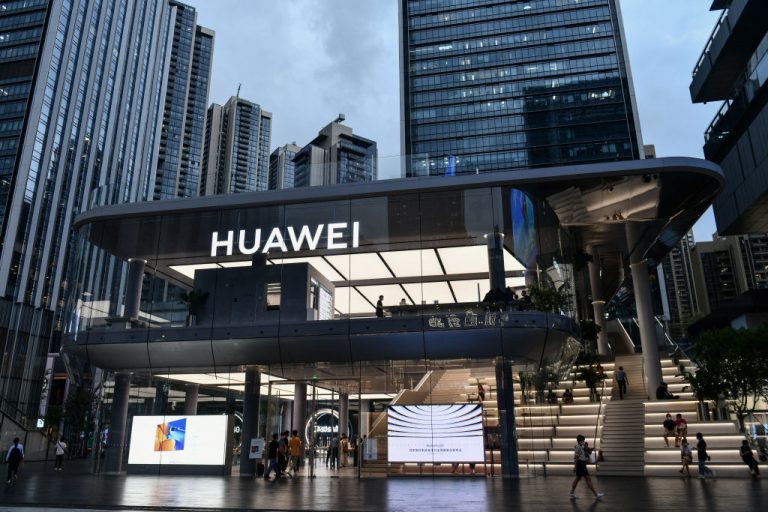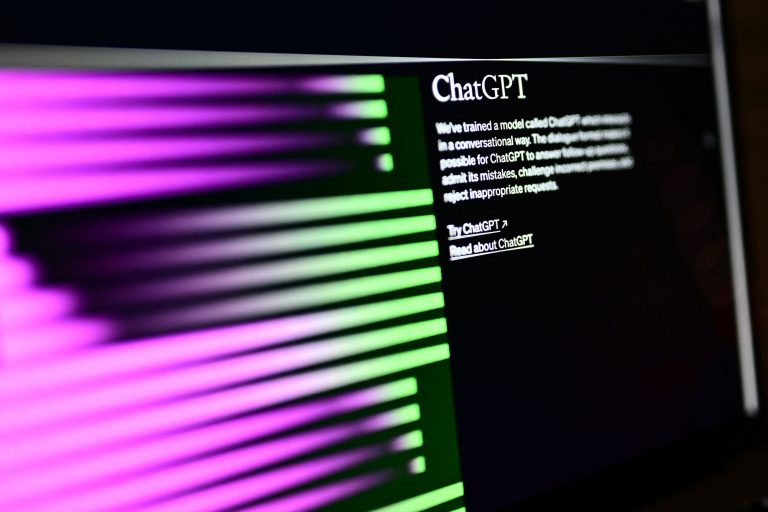The U.S. 5th Circuit Court of Appeals recently ruled that the Federal Communications Commission (FCC) has the right to bar recipients of its “Universal Service Fund” subsidies from using equipment or services from companies deemed to be a threat to national security. Huawei, classified as a national security threat, had filed a lawsuit against the FCC in an attempt to overturn the commission’s exclusion rule.
FCC and Huawei
The Universal Service Fund (USF) refers to a system of subsidies and fees managed by the FCC and aimed at promoting universal access to telecommunications in the country. Established in 1997, USF complied with the Telecommunications Act passed the year prior. Qualifying American telecom companies in rural and remote areas were entitled to subsidies under the program so that they could provide affordable services to those regions.
In a press release on Nov. 22, 2019, the FCC issued an order barring the use of its “$8.5 billion a year” USF fund to buy equipment and services from companies posing a security risk to the United States. Chinese firms Huawei and ZTE Corp. were excluded by the new rule.
“Both Huawei and ZTE have close ties to the Chinese government and military apparatus and are subject to Chinese laws requiring them to assist with espionage, a threat recognized by other federal agencies and the governments of other nations,” the order stated.
The order warned that as the United States upgrades to 5G networks, the risk of foreign powers embedding secret backdoors in networks increases. Backdoors can allow foreign powers to inject malware into U.S. communication channels, engage in espionage activities, and steal American data.
Success
You are now signed up for our newsletter
Success
Check your email to complete sign up
The FCC ban raised concerns among rural carriers using cheaper ZTE and Huawei equipment in their communication infrastructure. To allay their concerns, the FCC announced a 9 billion dollar investment in rural 5G networks.
On Jun. 20, 2020, the FCC’s Public Safety and Homeland Security Bureau formally designated ZTE and Huawei together with its parent companies, subsidiaries, and affiliates as part of the November 2019 ban.
Lawsuit
In December 2019, Huawei filed a petition in the 5th Circuit Court challenging the decision made by the FCC. Karl Song, vice president of Huawei’s corporate communications department, argued that the FCC ruling would threaten connectivity efforts in America’s rural regions. The Chinese company accused the FCC of making the decision based on politics rather than security, and claimed that the commission overstepped its authority by making judgments on national security.
In its opinion, the 5th Circuit Court of Appeals dismissed Huawei’s argument that the FCC lacked the expertise to designate the firm’s equipment as a national security risk. “Assessing security risks to telecom networks falls in the FCC’s wheelhouse,” the opinion said while adding that the agency had received “robust input” from other experts.
“We are therefore persuaded that, in crafting the rule, the agency reasonably acted within the broad authority Congress gave it to regulate communications. Additionally, having carefully considered the companies’ other challenges under the Administrative Procedure Act and the Constitution, we find those unavailing as well,” said the court’s opinion.
The ruling thus upheld the FCC’s right to ban USF funding to companies using Huawei’s equipment. At a June 17 press conference, China’s foreign ministry spokesperson, Zhao Lijian, accused “some people in the U.S.” of using national security to “abuse state power to crack down on certain country and companies.” He asked Washington to stop “unjustified suppression on certain Chinese companies.”
In a tweet, Republican Ajith Pai, the former chairman of the FCC, congratulated FCC staff and former FCC General Counsel Tom Johnson and his team, “who successfully defended the order before the 5th Circuit!”
In addition, Republican Steve Scalise and Democrat Anna G Eshoo introduced the “Secure Equipment Act of 2021” on June 15. The legislation seeks to restrict Chinese companies like Huawei from being further marketed or deployed in the United States.
“The introduction of the Secure Equipment Act of 2021 is welcome news… This legislation will help protect our national security by ensuring that untrustworthy communications equipment is not authorized for use within our borders,” FCC Acting Chairwoman Rosenworcel said in a statement.
Huawei’s cloud technology threat
Meanwhile, a recent report published by the Center for Strategic and International Studies (CSIS) based in Washington warns that Huawei’s cloud tech ventures in Asia, Africa, and Latin America could provide China with “coercive leverage” over nations in these regions. The report details Huawei’s plans to provide 41 countries with cloud storage bundled with e-government services.
According to Freedom House ratings, 77 percent of Huawei’s deals are in countries deemed “partly free” or “not free.” Sub-Saharan or Asian nations comprise 56 percent of the deals, and lower-middle-income or upper-middle-income nations comprise 72 percent of the deals.
“The United States and its allies should pool resources to expand financing and funding for digital infrastructure, technical assistance, and training. They should also cooperate to remove and prevent foreign regulatory barriers that disadvantage U.S. and allied cloud providers. Action is needed because the developing world will play a much larger role in global networks in the coming decade,” the report stated.
















